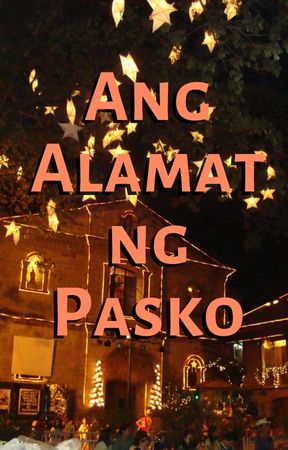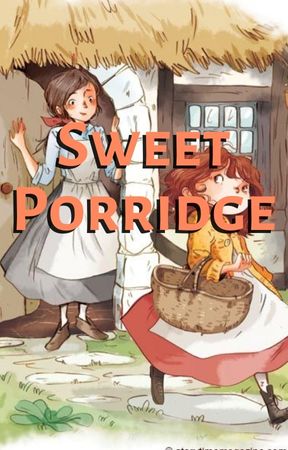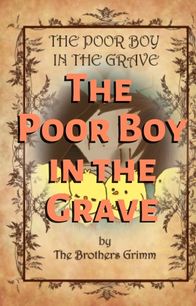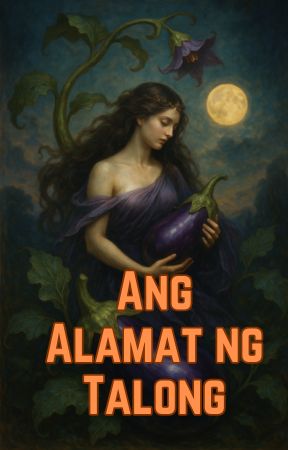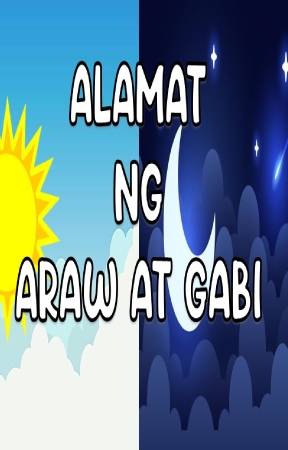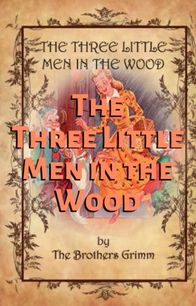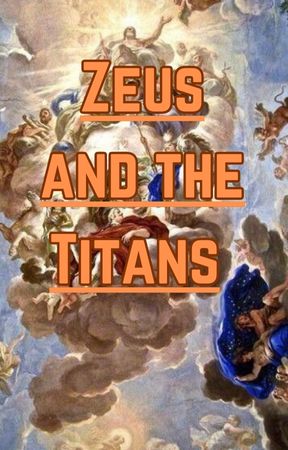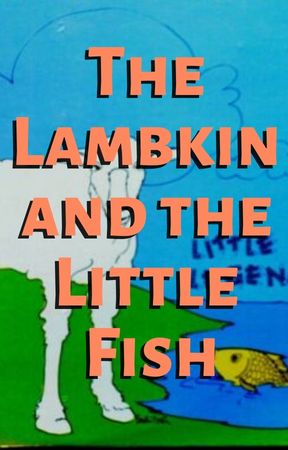There were once a little brother and a little sister, who loved each other with all their hearts.
Their own mother was, however, dead, and they had a step-mother, who was not kind to them, and secretly did everything she could to hurt them.
It so happened that the two were playing with other children in a meadow before the house, and there was a pond in the meadow which came up to one side of the house.
The children ran about it, and caught each other, and played at counting out.
“Eneke Beneke, let me live, And I to thee my bird will give.
The little bird, it straw shall seek,
The straw I’ll give to the cow to eat.
The pretty cow shall give me milk,
The milk I’ll to the baker take.
The baker he shall bake a cake,
The cake I’ll give unto the cat.
The cat shall catch some mice for that, The mice I’ll hang up in the smoke, And then you’ll see the snow.”
“Ah, brother, in the pond so deep, How sad is my poor heart! Even now the cook he whets his knife To take away my tender life.”
The little fish answered, “Ah, little sister, up on hig How sad is my poor heart While in this pond I lie.”
When the cook heard that the lambkin could speak and said such sad words to the fish down below, he was terrified and thought this could be no common lamb, but must be bewitched by the wicked woman in the house.
Then said he, “Be easy, I will not kill thee,” and took another sheep and made it ready for the guests, and conveyed the lambkin to a good peasant woman, to whom he related all that he had seen and heard.
The peasant was, however, the very woman who had been foster-mother to the little sister, and she suspected at once who the lamb was, and went with it to a wise woman.
Then the wise woman pronounced a blessing over the lambkin and the little fish, by means of which they regained their human forms, and after this she took them both into a little hut in a great forest, where they lived alone, but were contented and happy.
